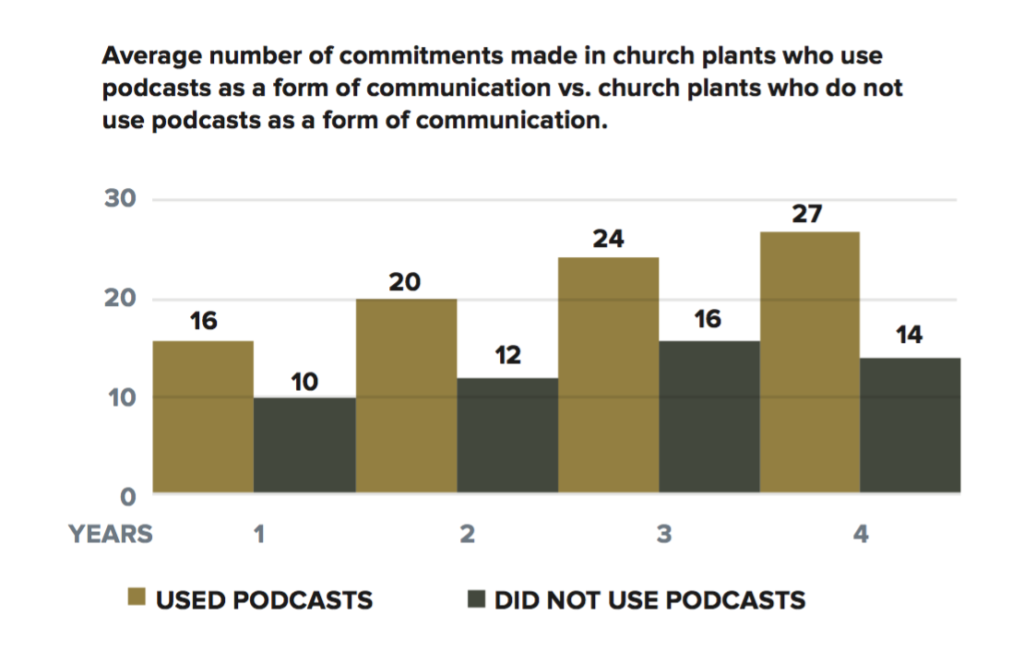
Last week I covered the paradox of ambition and faith. Today, I want to add a third variable to the mix: timing.
What relationship does ambition and faith have with timing?
Although spiritual leaders can have ambition and God-placed faith, there’s still one major area they can mess up in—timing.
Abraham had a significant calling on his life, and it was to be the father of a great nation, one that was intended to be a blessing to the entire world and one from which the Savior of the world would come. To even believe that this could be true, for him took a great measure of faith, and only a truly ambitious person would’ve even accepted this grand assignment.
The only problem was that Abraham was impatient.
I don’t blame the guy, though. After all, he was childless and seventy-five years old at the time God commissioned him (Gen 12:2–4). In the ensuing years Abraham moved, experienced a famine, lost his wife, then received her back, moved again, got into a fight with his nephew Lot, experienced war, experienced the destruction of a city, and moved again (did I already say that?), among many other things.
In and through these experiences, God reminded him multiple times about this calling that he had placed on his life.
Eleven years later Abraham and his wife Sarah (their names were Abram and Sarai at that time) got fed up about continually hearing this calling and not seeing it come to pass, so they ambitiously took their faith into their own hands.
“Sarai said to Abram, ‘Since the LORD has prevented me from bearing children, go to my slave; perhaps through her I can build a family.’ And Abram agreed to what Sarai said” (Gen 16:2).
Spiritual leaders understand that there are two different ways to understand time in the Scriptures.
[Read more…] about Ambition, Faith, and Timing




